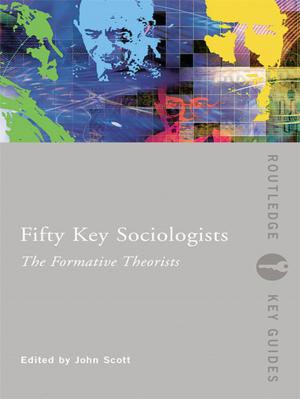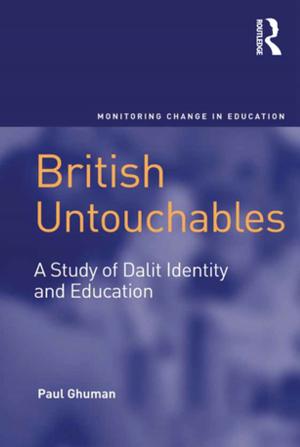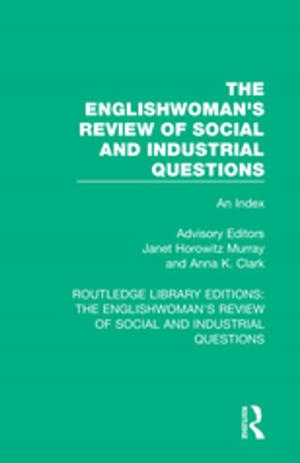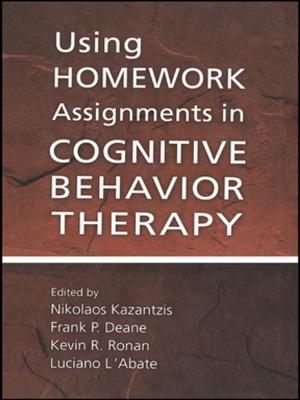From Homer to Tragedy
The Art of Allusion in Greek Poetry
Fiction & Literature, Literary Theory & Criticism, Ancient & Classical| Author: | Richard Garner | ISBN: | 9781317694717 |
| Publisher: | Taylor and Francis | Publication: | January 28, 2015 |
| Imprint: | Routledge | Language: | English |
| Author: | Richard Garner |
| ISBN: | 9781317694717 |
| Publisher: | Taylor and Francis |
| Publication: | January 28, 2015 |
| Imprint: | Routledge |
| Language: | English |
The role of poetic allusion in classical Greek poetry, to Homer especially, has often largely been neglected or even almost totally ignored. This book, first published in 1990, clarifies the place of Homer in Greek education, as well as adding to the interpretation of many important tragedies.
Focussing on the dramatic masterpieces of Aeschylus, Sophocles, and Euripides, and how these writers imitated and alluded to other poetry, the author reveals the immense dependence on Homer which can be seen throughout the corpus of Attic tragedy. It is argued that the practice of the art of allusion indicates certain conventions in fifth-century Athenian education, and perhaps also suggests something in the way of public, political, and historical self-awareness. Invaluable to anyone interested in the reception of Homer in the classical age, and to students of comparative literature and linguistic theory.
The role of poetic allusion in classical Greek poetry, to Homer especially, has often largely been neglected or even almost totally ignored. This book, first published in 1990, clarifies the place of Homer in Greek education, as well as adding to the interpretation of many important tragedies.
Focussing on the dramatic masterpieces of Aeschylus, Sophocles, and Euripides, and how these writers imitated and alluded to other poetry, the author reveals the immense dependence on Homer which can be seen throughout the corpus of Attic tragedy. It is argued that the practice of the art of allusion indicates certain conventions in fifth-century Athenian education, and perhaps also suggests something in the way of public, political, and historical self-awareness. Invaluable to anyone interested in the reception of Homer in the classical age, and to students of comparative literature and linguistic theory.















